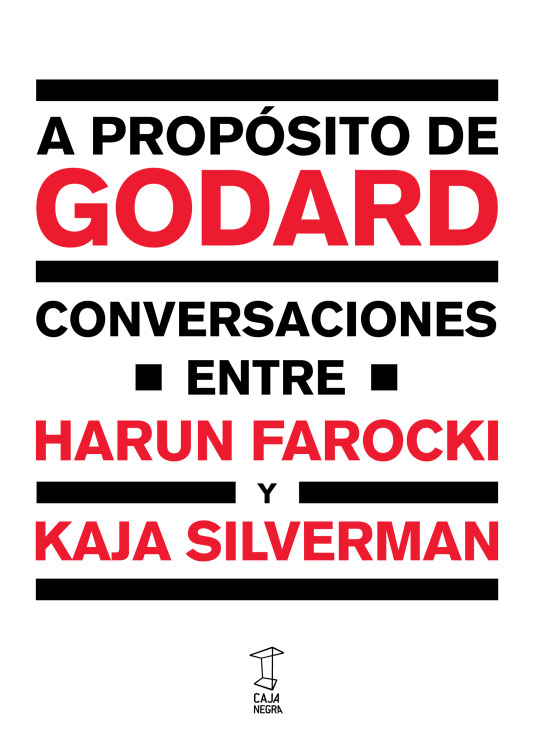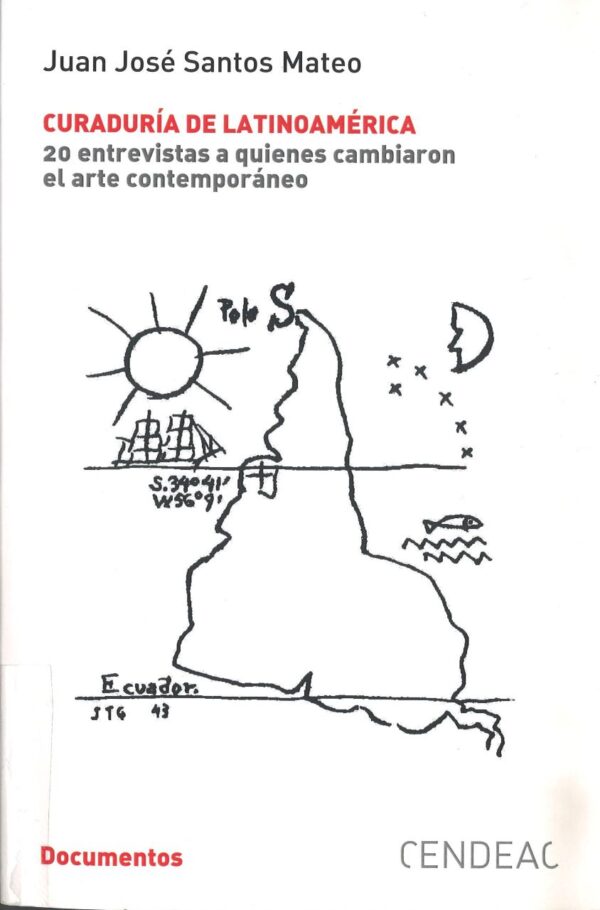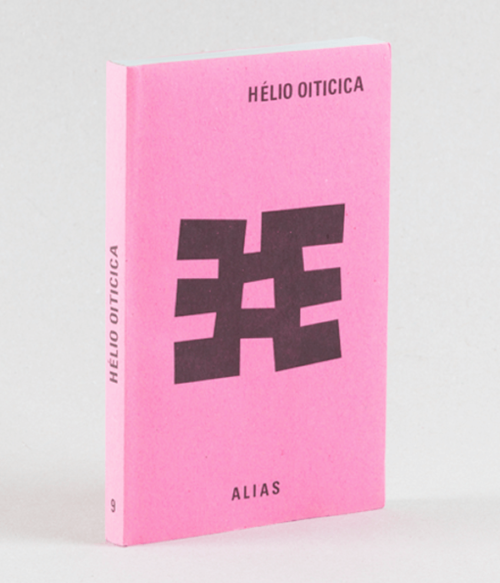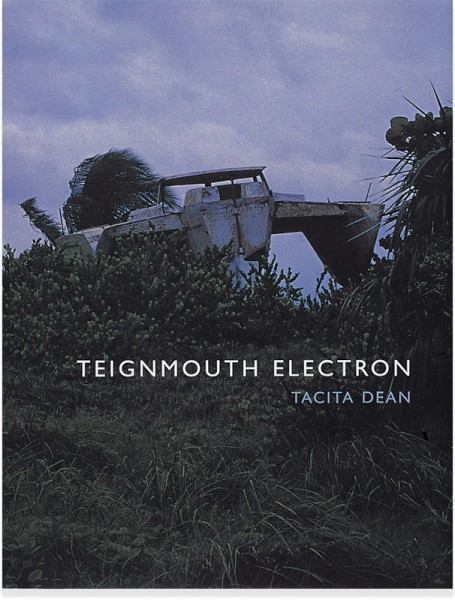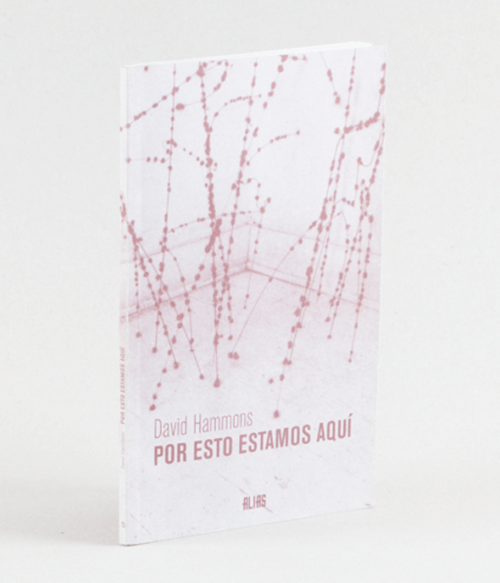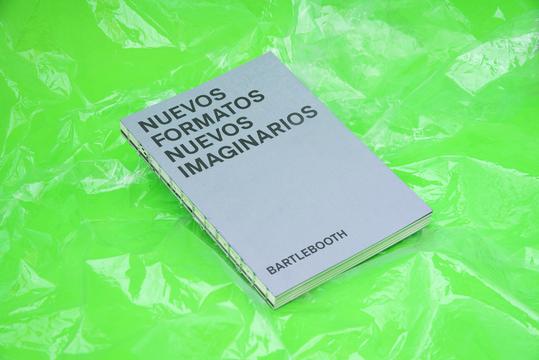A propósito de Godard
Title: A propósito de Godard.
Publisher: Caja Negra.
Authors: Farocki / Silverman.
City of publication: Buenos Aires.
Year of publication: 2016.
Pages: 320.
Size: 14 x 19,5.
ISBN: 978-987-1622-46-7.
24.00€
Estamos trabajando en nuestra web, de momento no es posible comprar libros través de nuestra tienda online. Para cualquier consulta escríbenos a info@artslibris.cat
Availability: In stock
Defined by its authors as a “book about couples,” Apropos of Godard is unlike any other volume ever published on the work of modernity’s most prominent filmmaker. In a defiantly original spirit that shuns the recurring territories of biography or critical essay, Harun Farocki and Kaja Silverman approach Jean-Luc Godard’s filmography through the structure of a great conversation in which they analyze in depth eight of his most emblematic films, from “Living His Life” to “Nouvelle vague.” In this way, each chapter deals with a film, and each film is broken down sequence by sequence, shot by shot, until arriving at a precise and logical reflection of the film backed by its very formal deconstruction. At times a Socratic dialogue in the darkness of the cinematic room and at times a two-voice master class transcript, the conversation between Silverman and Farocki articulates the former’s feminist academic background with the latter’s avant-garde artist’s cinephile acuity to compose a rigorous yet intuitive appreciation that functions as a veritable laboratory of interpretive experimentation. Is this a theoretical or practical film book? Is it a Marxist, psychoanalytic or semiotic text? How much truth is there in that these conversations should be read, it has been said, as love letters? Is it worth knowing, in this sense, that the authors were a couple during the writing of these dialogues? The more important question posed by Farocki and Silverman, however, is much simpler: why return to Godard’s cinema after such a long time and in such detail? Sustained throughout the pages of this book, the answer emerges again and again as the conviction that in all questioning of past art lies the path to new and luminous questions.
